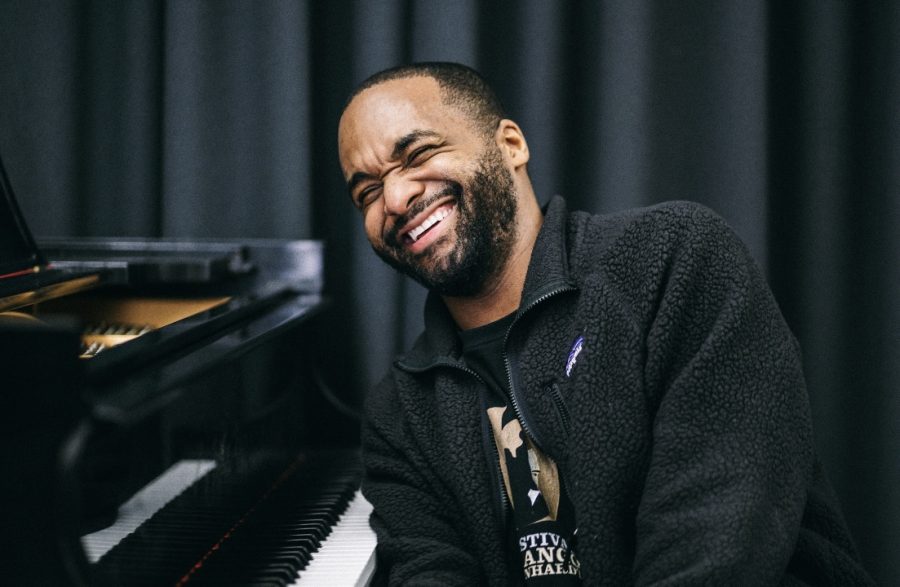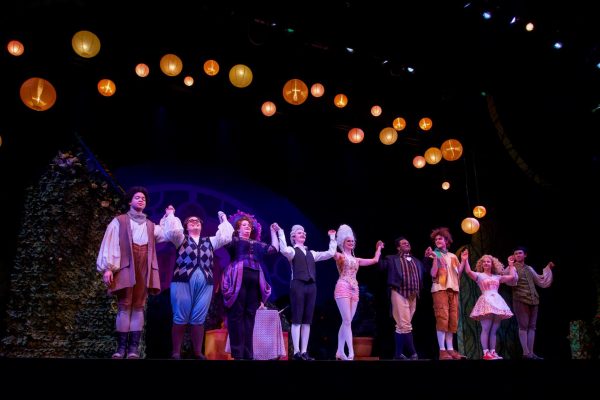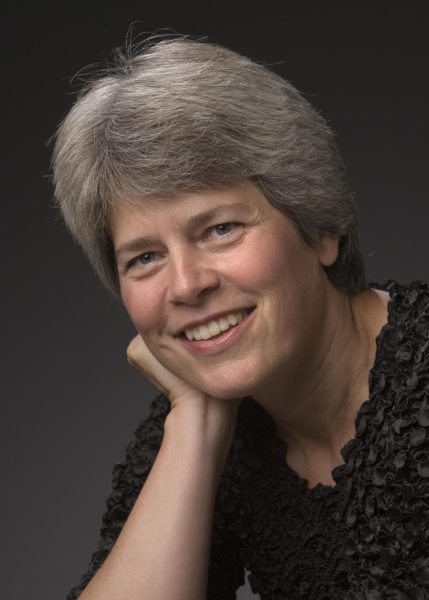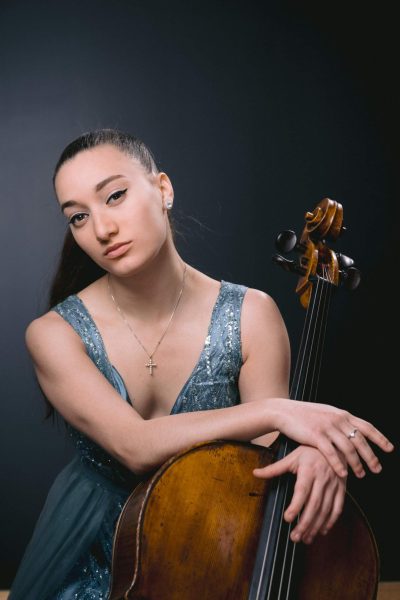Sullivan Fortner Jr.: Jazz Piano Teacher, Performer, OC ’08
Sullivan Fortner Jr.
Sullivan Fortner Jr., OC ’08, is a Grammy-winning, world-renowned jazz pianist with numerous other accolades to his name. This spring he returned to Oberlin to fill in as Associate Professor of Jazz Piano while his former teacher, Associate Professor of Jazz Piano Dan Wall, is on sabbatical. On the days when he’s not teaching private lessons, leading improvisation workshops, or coaching small ensembles, Fortner continues to perform internationally and record music, notably with jazz vocalist Cécile McLorin Salvant. In this interview, Fortner reflects on his experience teaching at his alma mater.
This interview has been edited for length and clarity.
What’s it like to work alongside your former teachers? Do you ever feel out of place as a faculty member who is a younger musician and also an alum?
It’s strange, ’cause these people are like masters. They’re heavyweights, you know? And over the years, the more I understood this music and the more I got into the New York scene — you hear all of these big name people, you know, Danilo Pérez, Geri Allen, all the people that Associate Professor of Jazz Percussion Billy Hart talks about, people that Dan Wall talks about — and it’s like, whoa, they know our teachers, they studied with them. I sometimes feel like I don’t belong here.
But the cool thing about being in the role as a teacher is that I actually get to be a student again. That faculty concert we did back in February was kind of surreal for me ’cause it took me back to my first year. I’m not necessarily a teacher as much as I am an older student hanging with some younger students and my teachers. And we just sit there talking about stuff that my few years of experience has taught me, and I’m just passing it on. I’m definitely honored to be here.
What are the differences between teaching and touring, and have you faced any challenges in maintaining your touring life while teaching here?
One of the hardest things for me is “teaching brain,” where you’re constantly in analysis mode. And in some ways that’s really healthy, because as you sit back, you guys come in with a bunch of questions and I’m like, “Okay, well, how do I answer this? What is it that I do? Can I even do this?” So when you spend a lot of time in that mindset of constantly analyzing and breaking things down, when it’s time to actually get on stage and play, it can be a difficult thing because you gotta let all that go and just play. It’s hard for me to play without breaking myself down too, but it’s okay. Nobody else knows all this, nobody cares. All the important s**t was there. If you screwed up, doesn’t matter. You’re just making music.
So teaching and then going out and playing gigs makes me want to go back and practice, in a cyclic kind of way. They definitely feed each other.
What’s your favorite part about teaching?
I think my favorite part about teaching is saying something and watching you guys just look at me like the wheels on the bus are spinning. You know what I mean? Almost like, “I’m not sure if I buy it.” And then you’re like, “Wait a minute, maybe there’s something to think about.” That’s my favorite thing — when there’s a dialogue, and then you guys are feeding off of something that I say, and you don’t like it at first, but then you get it.
If there’s one thing that I learned from my teachers, it’s that a lesson has never been a lecture. It’s never been about spitting out this information, giving you these sheets, come back and get my packet done next week. It’s more like, “Okay, what do you have to show me? What are the questions that you have?” And that leads into a whole dialogue and sometimes an argument. And hey, we’re not supposed to agree.
Is there anything you wish you did differently or pursued more when you were a student here?
If I had to do it all again? Try to get your hands on everything that Oberlin has to offer. When I was a student here, I didn’t use the Conservatory Library like I should have. We didn’t have the archive that y’all have. But beyond the recordings, any teacher that you want to study with, no matter what discipline, take advantage of them. I never did any of that. There’s more to being in school than being in the practice room and playing with people. Explore different things, explore the reasons why you play.
Were the connections you made at Oberlin impactful on your career?
That’s 90 percent of the battle, really — being aware of the resources that you already have and finding those people you really connect with. When I started playing with Roy Hargrove after college, that was really just an extension of playing with Theo Croker, OC ’07, at Oberlin. Theo was always tough on me at school, in a good way. He played a big role in preparing me for New York.
Do you have thoughts about eventually becoming a full-time Jazz professor, at Oberlin or elsewhere?
I really like teaching. It’s definitely been fun for me. I mean, there’s still a lot of things that I want to do before I settle down in a place like this. My dream is to come here after like 30, 40 years of touring and do what Dan did. Take my wife and my kids, get a little farm, raise some chickens. I’ll have earned some more stripes by then, not just a couple gigs at Smalls or playing as side man, but when I’ll actually have something strong that I can offer. But it wouldn’t be a bad idea to drop in to Oberlin every now and then. If something happens or if they ask me to, it wouldn’t be a bad idea to just spend a few days back at home.






